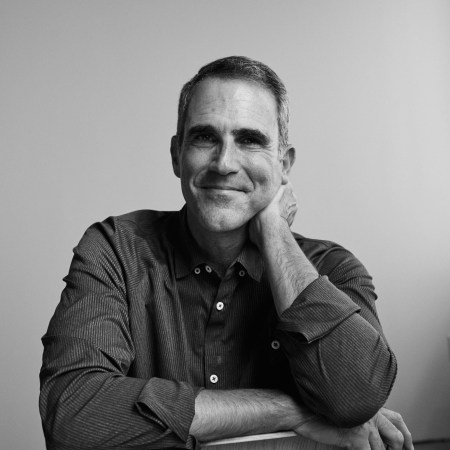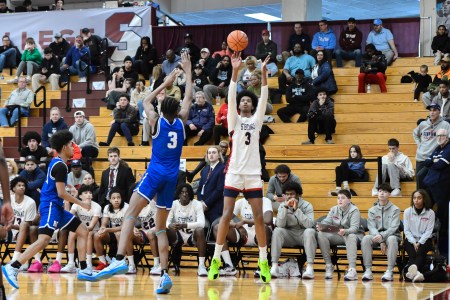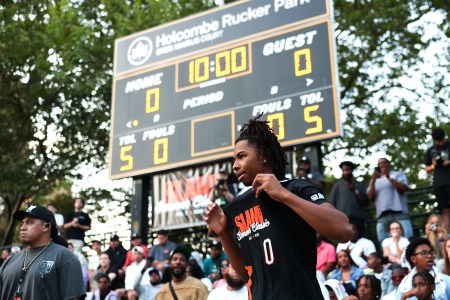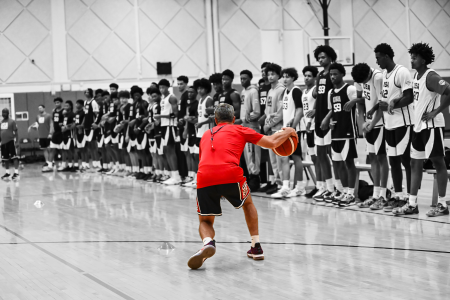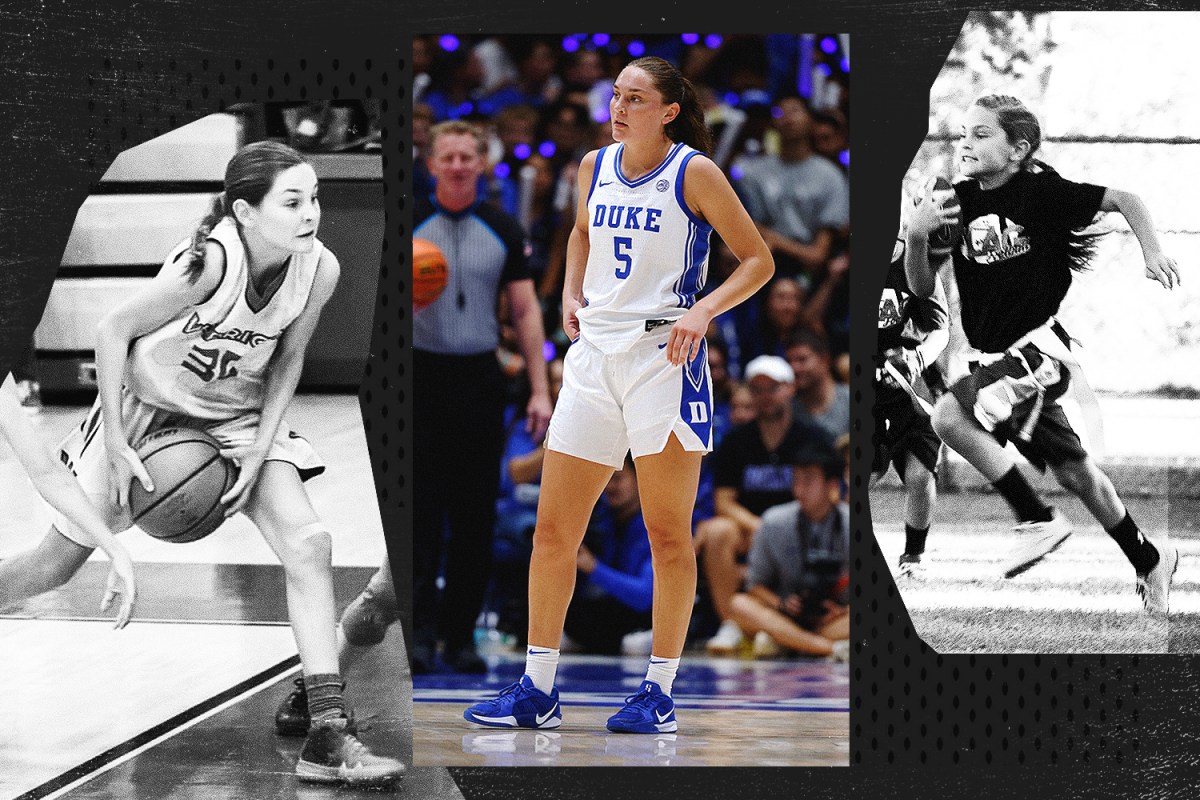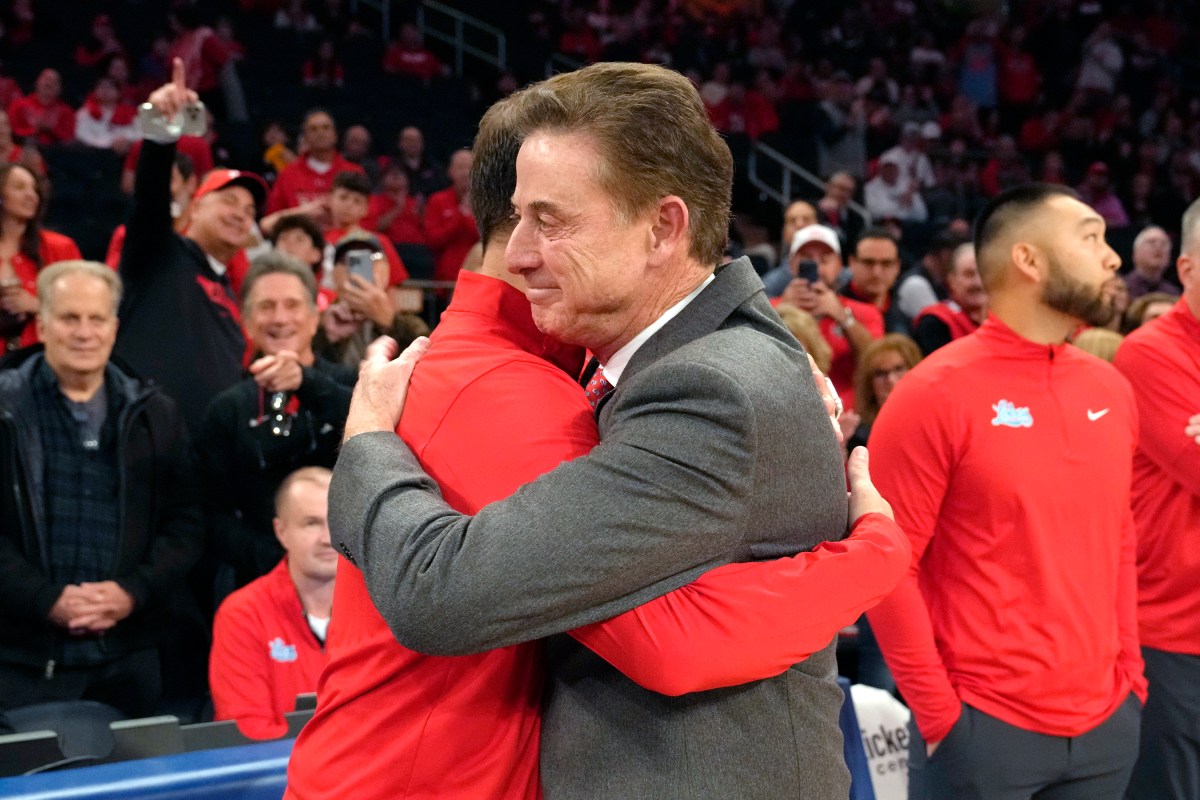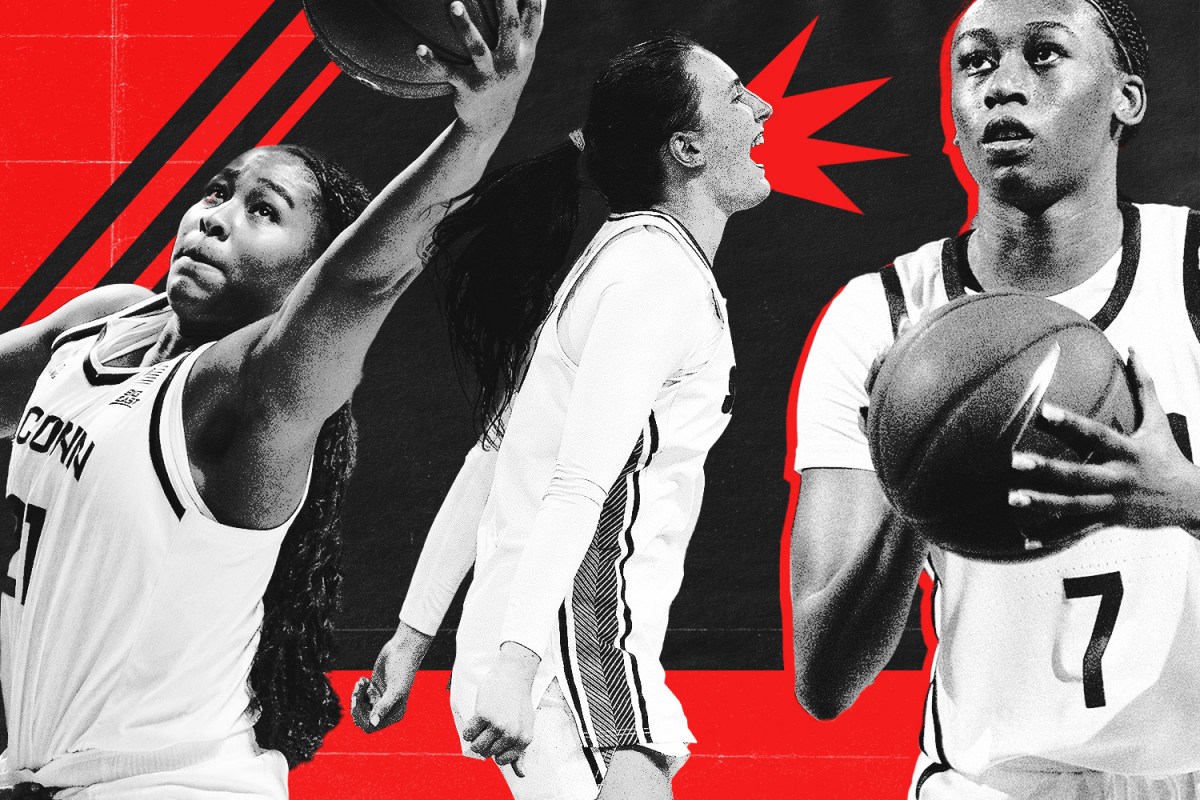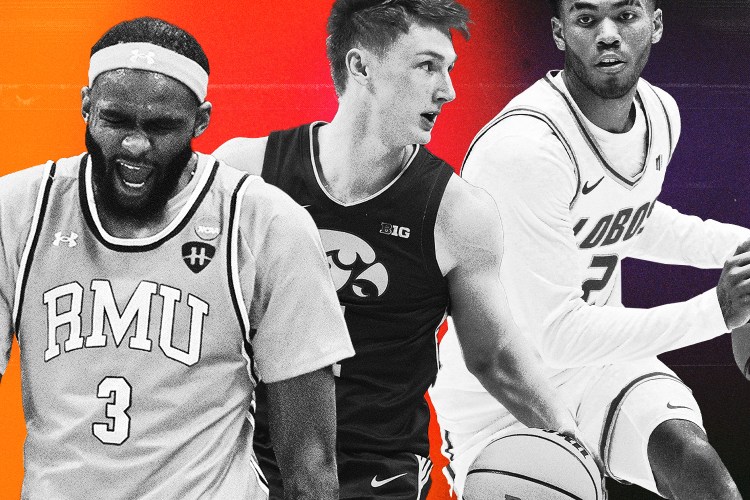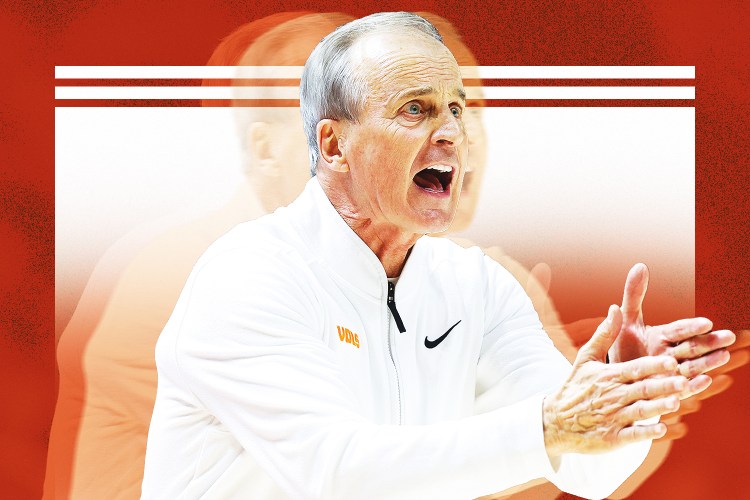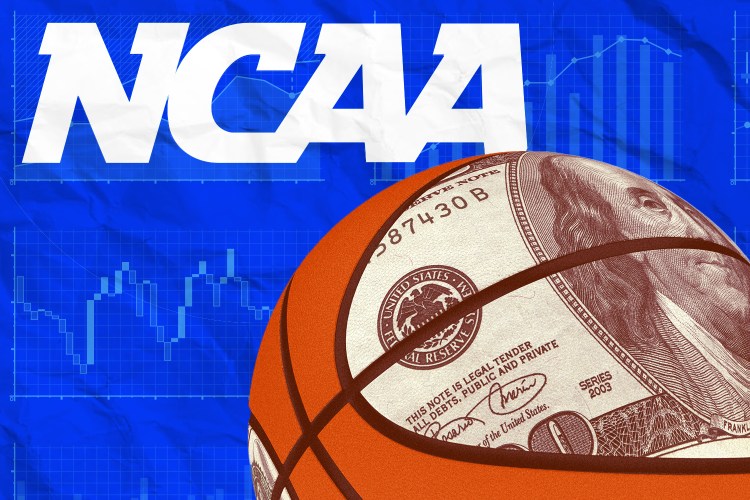Tommy Lloyd has long been ahead of the curve when it comes to recruiting. As an assistant coach at Gonzaga from 2001-21, Lloyd built his reputation on international players. Those efforts not only lured major talents like Ronny Turiaf (France), J.P. Batista (Brazil), Kelly Olynyk (Canada), Elias Harris (Germany), Przemek Karnowski (Poland), Domantas Sabonis (Lithuania) and Rui Hachimura (Japan) to Spokane, they helped convince schools across the country to invest their time and money overseas. That, combined with recent NCAA rules changes that allow college players to be paid, has led to an explosion of international imports for the 2025-26 season.
The mass influx is neatly dovetailing with that other recruiting philosophy du jour —namely, get old and stay old. Because of the advent of the transfer portal, more than 2,000 Division I undergraduates change teams every spring. Coaches love older players, but the portal madness has come at the expense of traditional high school recruiting. That, in turn, has forced many young prospects to start their careers at the mid-major level in hopes of moving up via the portal in a year or two.
Lloyd, however, is once again trying to stay ahead of the curve, and he believes he is spying another early trend. So when he lost 11 scholarship players from a team that won 24 games and reached the Sweet Sixteen (two graduated, eight transferred, and freshman forward Carter Bryant left for the NBA), Lloyd replenished his roster in a manner that was both novel and old school. His eight newcomers includes just one transfer, Evan Nelson, a 6-foot-2 senior guard from Harvard. The other seven are freshmen.
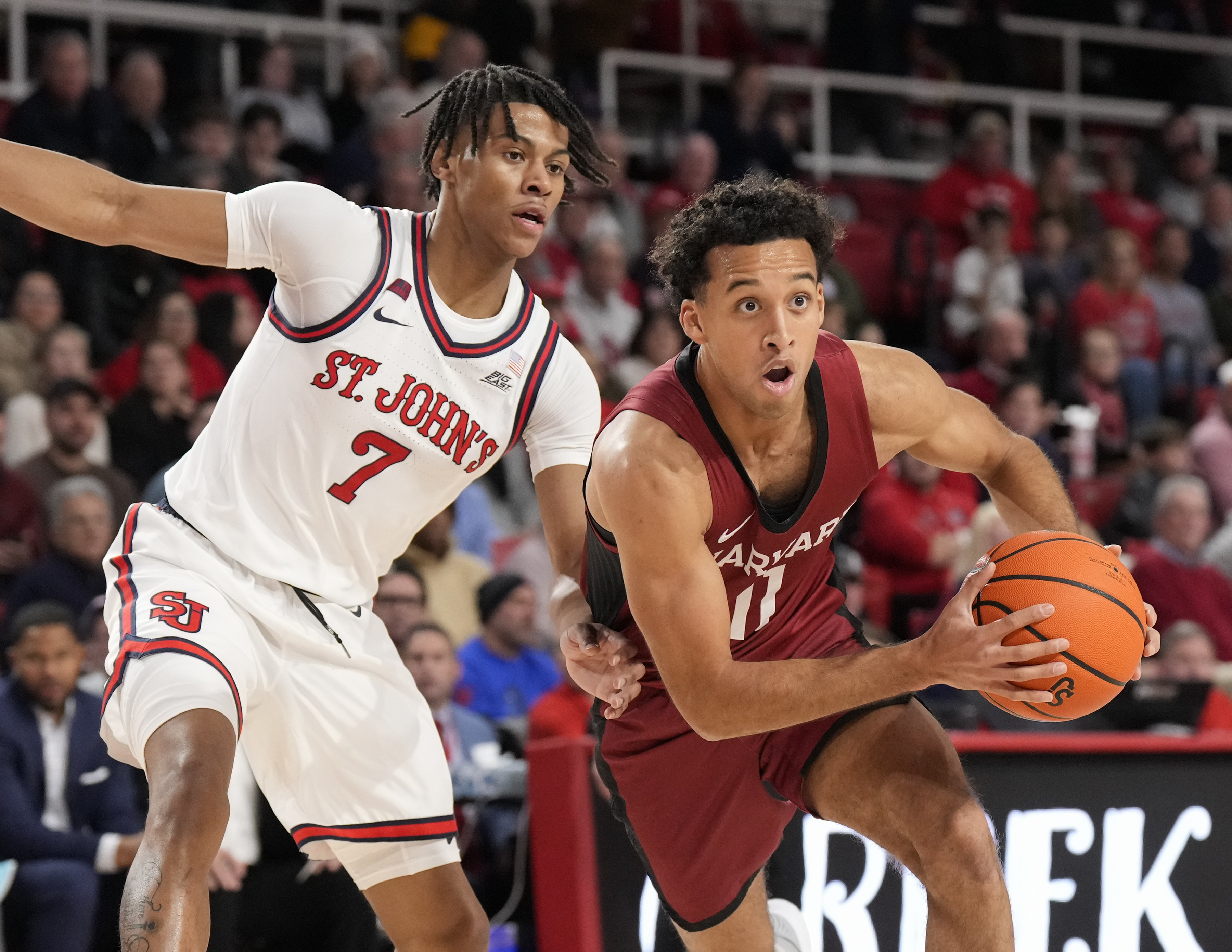
That’s right — seven freshmen. During an exclusive interview with Hoops HQ, Lloyd explained that his approach is governed by simple math. Last season was the final year of eligibility for players who were given an additional season due to the Covid-19 pandemic. Lloyd also put on his accounting hat and deduced that by recruiting more high school players, he can save money and give his program a chance to have greater continuity moving forward.
“I just figured, there are going to be 20 percent less players in the transfer portal next year,” Lloyd said. “And I assume that transfers are going to be really, really expensive. So I was like, how can we invest more wisely? And then I felt great about the high school kids that we got. I think we could have the most impactful freshman group in the country.”
Lloyd’s seven-man freshman class includes two McDonald’s All-Americans in Koa Peat, a 6-foot-7 forward from Gilbert, Ariz., and Brayden Burries, a 6-foot-4 guard from Riverside, Ca. A third signee, Dwayne Aristode, a 6-foot-8 forward from The Netherlands, might have earned that designation had a foot injury not cost him his senior season at Brewster (N.H.) Academy. Lloyd has been especially impressed by what he has seen from Aristode during team workouts the last couple of weeks. “I told him, ‘You’re doing great. That’s all the feedback I got for you,’ ” Lloyd said.
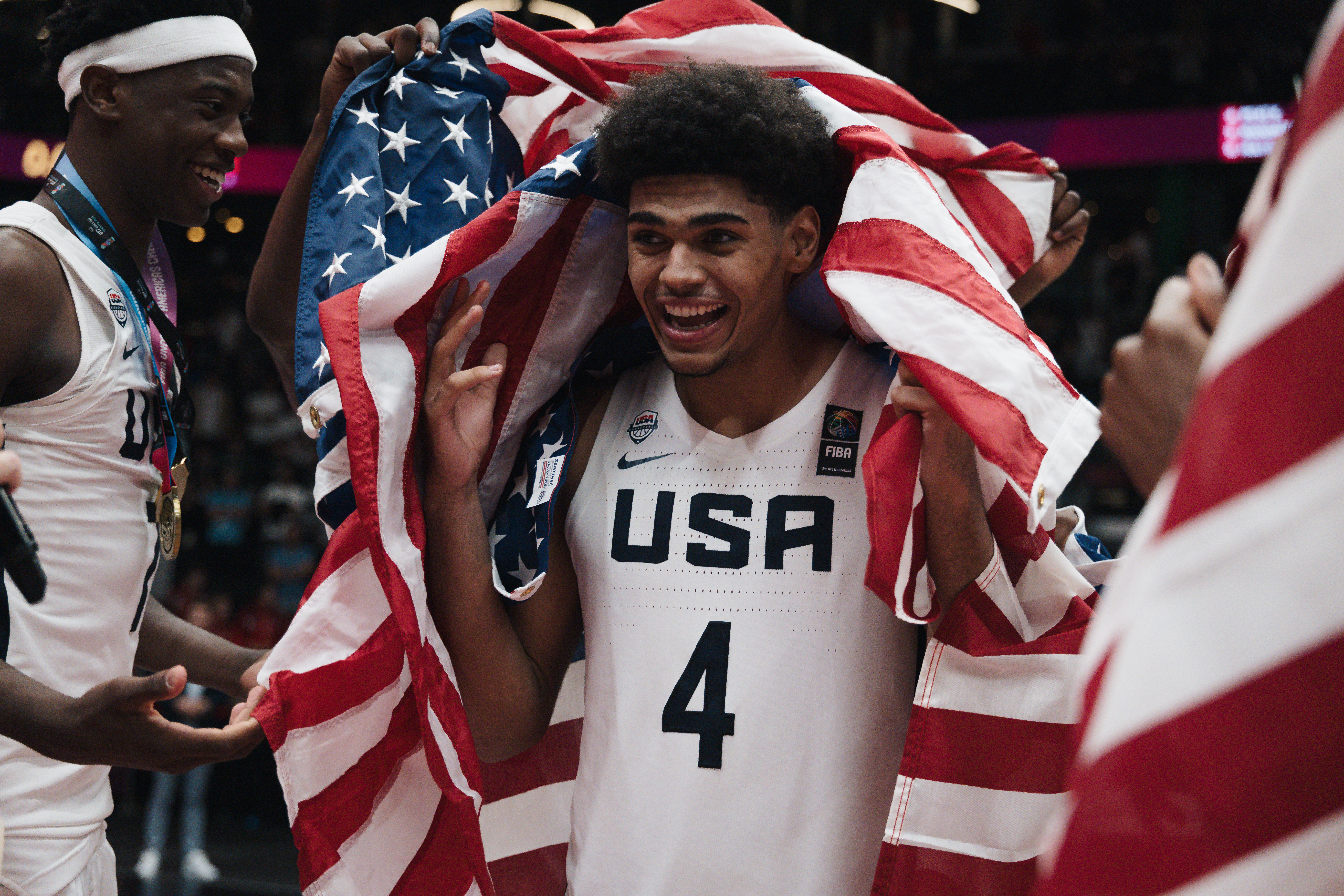
Can a team win a national championship in today’s era by relying heavily on freshmen? Coaches have generally decided the answer is no, but the real answer is, “Only if they’re good enough.” Lloyd had an up-close view of that possibility last season during his team’s two games against Duke, which was built around its freshman nucleus of Cooper Flagg, Kon Knueppel and Khaman Maluach. The first was a 69-55 loss in Tucson on Nov. 22. The second was a 100-93 loss in the Sweet Sixteen on March 27. “The second time we played them, they had gotten so much better, I didn’t feel like we were playing against young players. I felt like we were playing against great players,” he said. “It might take you a little time to get there, but if you’re great, you’re great. I know because I just coached a bunch of them.”
Lloyd is referring to his experience as the U.S. head coach at the FIBA U19 World Cup in Switzerland. The Americans, who finished fourth in the same event two years ago, won the gold medal with a 109-76 victory over Germany on July 6. The roster included many of the top incoming freshmen in the country such as 6-foot-3 guard Mikel Brown (Louisville) and 6-foot-8 forward A.J. Dybantsa (BYU). It also included Lloyd’s own top prospect in Peat, who looked stellar while averaging 12.6 points, 6.9 rebounds and 1.1 assists. It was Peat’s fourth gold medal for USA Basketball.
For Lloyd, the U19 World Cup concluded a two-year commitment to USA Basketball that also included a stint as the head coach at the FIBA U18 AmeriCup last year. Coaching those teams requires a huge time commitment, but for someone like Lloyd, who has been recruiting internationally longer than just about anyone in college basketball, the experience has been particularly meaningful. “I started going to these FIBA tournaments 20 years ago,” he said. “I always wondered what it’s like to be actually in it as opposed to observing it. So for me, it was special.”
The Definitive Big 12 Power Rankings
Can Houston win a title? Is Arizona bound for the Final Four? The Big 12 added new programs last year and the shakeup is just getting started.
The U.S. won its seven games by an average of 28.7 points, but that doesn’t mean the experience was without challenges. The tournament took place in the middle of a major European heat wave, and the hotel where the team stayed did not have air conditioning. “I took five showers a day,” Lloyd said. The larger challenge was creating cohesion and chemistry amongst a group of alpha males with less than a month to prepare. That was especially critical against Canada in the quarterfinals, which was close for a while before the U.S. eked out a 108-102 victory. “That was an NCAA Tournament type pressure because you realize, if we lose this game, we don’t medal,” Lloyd said. “These were all five-star kids that have never been told ‘no.’ You can’t play all 12 guys and they’re all good enough and deserving. So you have to make some hard choices.”
Lloyd’s experiences with USA Basketball has given him an even greater understanding of the international game. He is curious to see how the arrival of all so many imports impacts college basketball next season. “One thing I know about Europe is that just because someone had success over there doesn’t guarantee that they’re going to have success over here,” he said. “I’ve had a lot of good players I recruited from Europe and I’m like, man, how did it not work for that guy? I don’t know if it’s just a different coaching style, different style of play, confidence, homesickness. There could be a lot of reasons. Plus, a lot of these international guys got a lot of money. So I want to pump the brakes on that because there could be a lot of disappointed people.”
Lloyd also warned that coaches could be making a mistake by mining the international market in the same way they’ve recruited American players in the past. “I’ve always recruited Europe as a way to find a valuable part for our program as opposed to being reactionary,” he said. “Like, we missed on this guy, that guy, so let’s go over to Europe and see if we can desperately get somebody. I’ve never done that, and I think a lot of people did this year. So I’m really interested to sit back and see how this thing plays out.”
Lloyd still appreciates the value of quality international players, and so his roster next season will include five of them. Three of those are freshmen, most notably Ivan Kharchenkov, a 6-foot-7 forward from Germany who committed in early June.
Arizona will also benefit from the veteran leadership of the four returning players. The group features three starters — 6-foot-3 senior guard Jaden Bradley, 6-foot-8 junior forward Tobe Awaka and 6-foot-6 junior guard Anthony Dell’Orso — as well as 7-foot-2 junior center Montiejus Krivas, who missed all but the first nine games last season due to a foot injury. The freshman class also includes Bryce James, a 6-foot-4 guard from southern California. James is not as heralded or as hyped as his older brother Bronny (much less his dad LeBron), but Lloyd believes it won’t be long before he’s a valuable contributor.
Lloyd took some time to decompress after the U19 World Cup ended, spending a week with his family by the beach in Malaga, Spain, which is his favorite European vacation spot. From there, he returned to the States to dive into the summer recruiting circuit, and then headed back to Tucson for team workouts. It has been a long, hot summer, but when Lloyd was finally able to get all his players on the same court, he was energized by the collection of talent. It’s young talent, to be sure, but Lloyd sees their potential, and he is eager to help them meet it.
“As a program, we’re knocking on the door,” he said. “We have a foundation now that we can consistently build competitive teams at the highest level. I think we have the right pieces now. We need a little bit of time for some of these guys to develop and find their way, but I’m really optimistic.”
